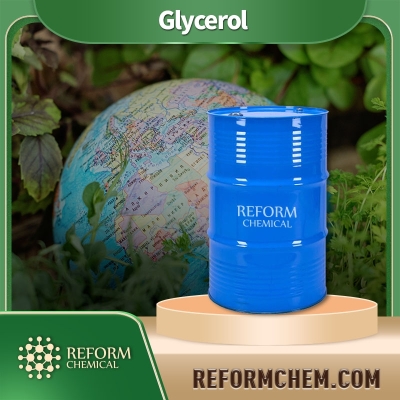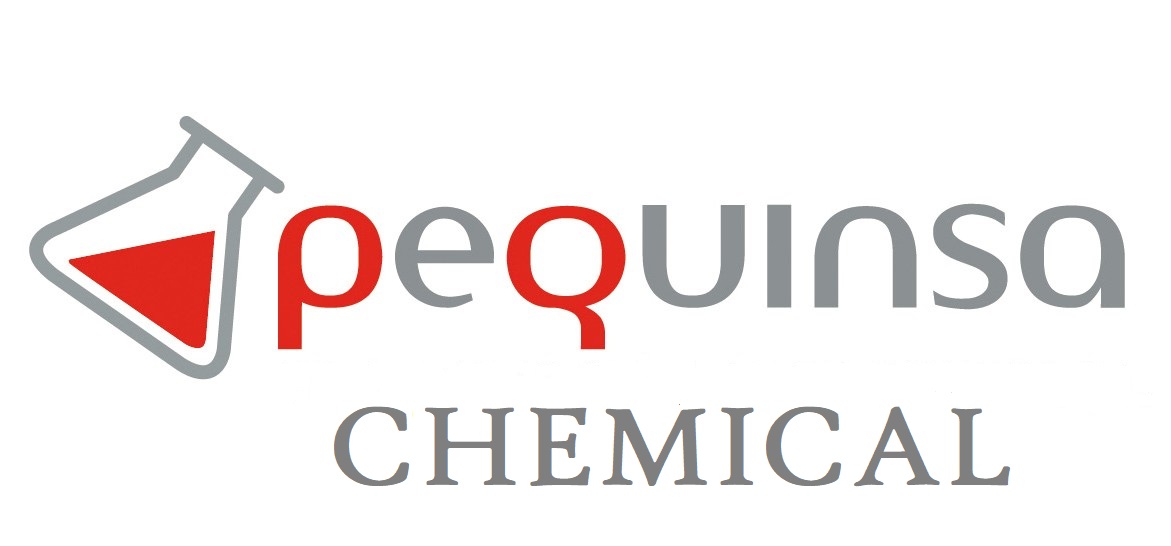-
Categories
-
Pharmaceutical Intermediates
-
Active Pharmaceutical Ingredients
-
Food Additives
- Industrial Coatings
- Agrochemicals
- Dyes and Pigments
- Surfactant
- Flavors and Fragrances
- Chemical Reagents
- Catalyst and Auxiliary
- Natural Products
- Inorganic Chemistry
-
Organic Chemistry
-
Biochemical Engineering
- Analytical Chemistry
-
Cosmetic Ingredient
- Water Treatment Chemical
-
Pharmaceutical Intermediates
Promotion
ECHEMI Mall
Wholesale
Weekly Price
Exhibition
News
-
Trade Service
Crohn's disease (CD) is a chronic, nonspecific inflammatory bowel disease that cannot be cured and is related
to environmental, genetic, infectious, and immune factors.
The incidence and prevalence of CD has increased dramatically worldwide, especially in Asia
.
Approximately 25% of patients with CD have been shown to respond largely to infliximab
.
Each year, about 13% of patients with CD become secondary non-responders
.
This failure may involve drug mechanisms of action and immune-mediated and non-immune-mediated pharmacokinetics, and long-term use of biologics can also increase susceptibility to secondary malignancies
.
In the 50s, thalidomide was used as a static emetic to treat morning sickness, but was withdrawn from the market
due to teratogenic adverse reactions.
In 1965, Israeli dermatologists used thalidomide to successfully cure leprosy patients, suggesting potential anti-inflammatory effects
.
Thalidomide has been reported to disrupt the stability of tumor necrosis factor-α (TNF-α) mRNA, thereby accelerating its degradation
.
To investigate the efficacy and safety
of thalidomide in inducing remission with refractory CD in adults.
Researchers conducted a bicenter, double-blind, placebo-controlled, randomized clinical trial
of this adult refractory CD in two inflammatory bowel disease centers in China.
In a double-blind trial, patients were randomized to either thalidomide 100 mg per day or placebo for 8 weeks
.
The primary observation was considered to be the clinical response rate
calculated based on the Crohn's disease activity index at week 8 after thalidomide or placebo treatment.
In an open-label, patients who did not respond to placebo received thalidomide for an additional 8 weeks; All responders continued thalidomide until week
48.
The results showed that 25 patients were included in the study, and the clinical response rate was significantly higher in the thalidomide group than in the placebo group (68.
0% [17/25] vs 16.
0% [4/25]; OR, 4.
2; 95% CI, 1.
8–10.
9, P < 0.
001).
After 48 weeks of follow-up, the rate of continuous treatment with thalidomide was 46.
3% (19/41).
Adverse events throughout the course were reported in 58.
5% of patients, mainly including drowsiness, rash, and peripheral neuropathy, but these symptoms were mild and tolerable
.
This study demonstrates that thalidomide can be used for induction and maintenance therapy
for refractory CD in adults.
It may be one
of the treatment options for refractory CD.
Original source:
Xiang Peng.
et al.
The efficacy and safety of thalidomide in the treatment of refractory Crohn's disease in adults: a double-center, double-blind, randomized–controlled trial.
Gastroenterology Report.
2022.







